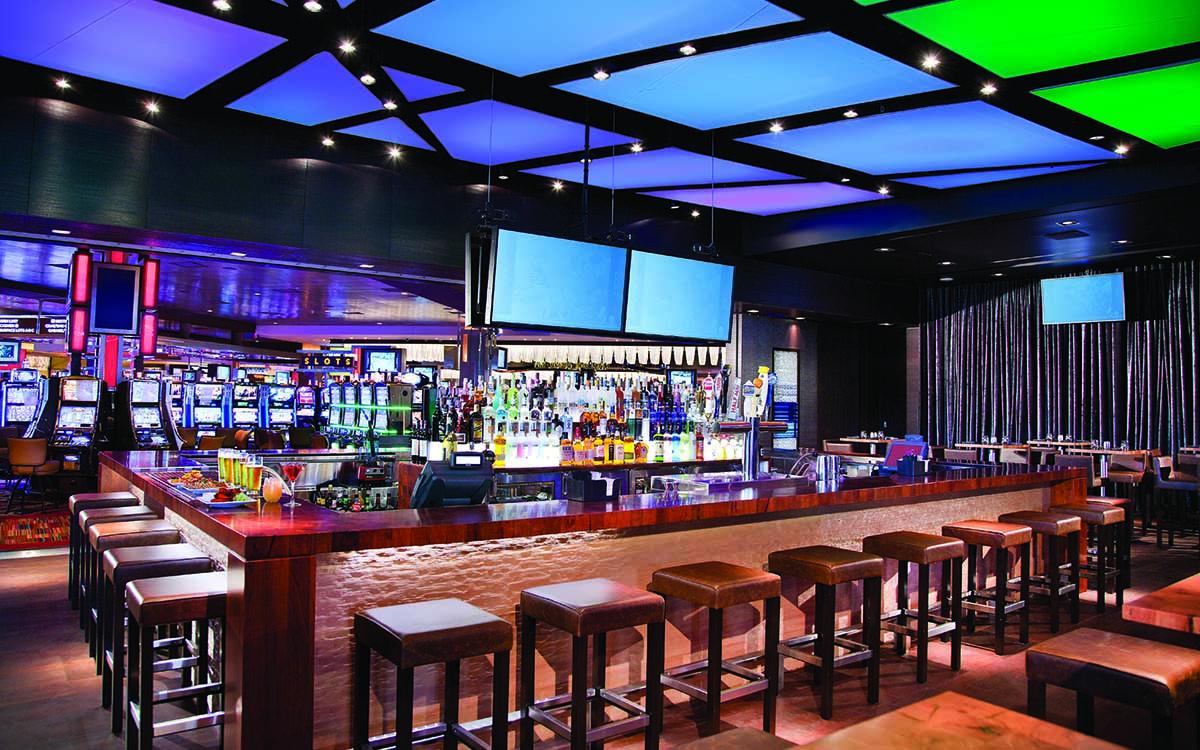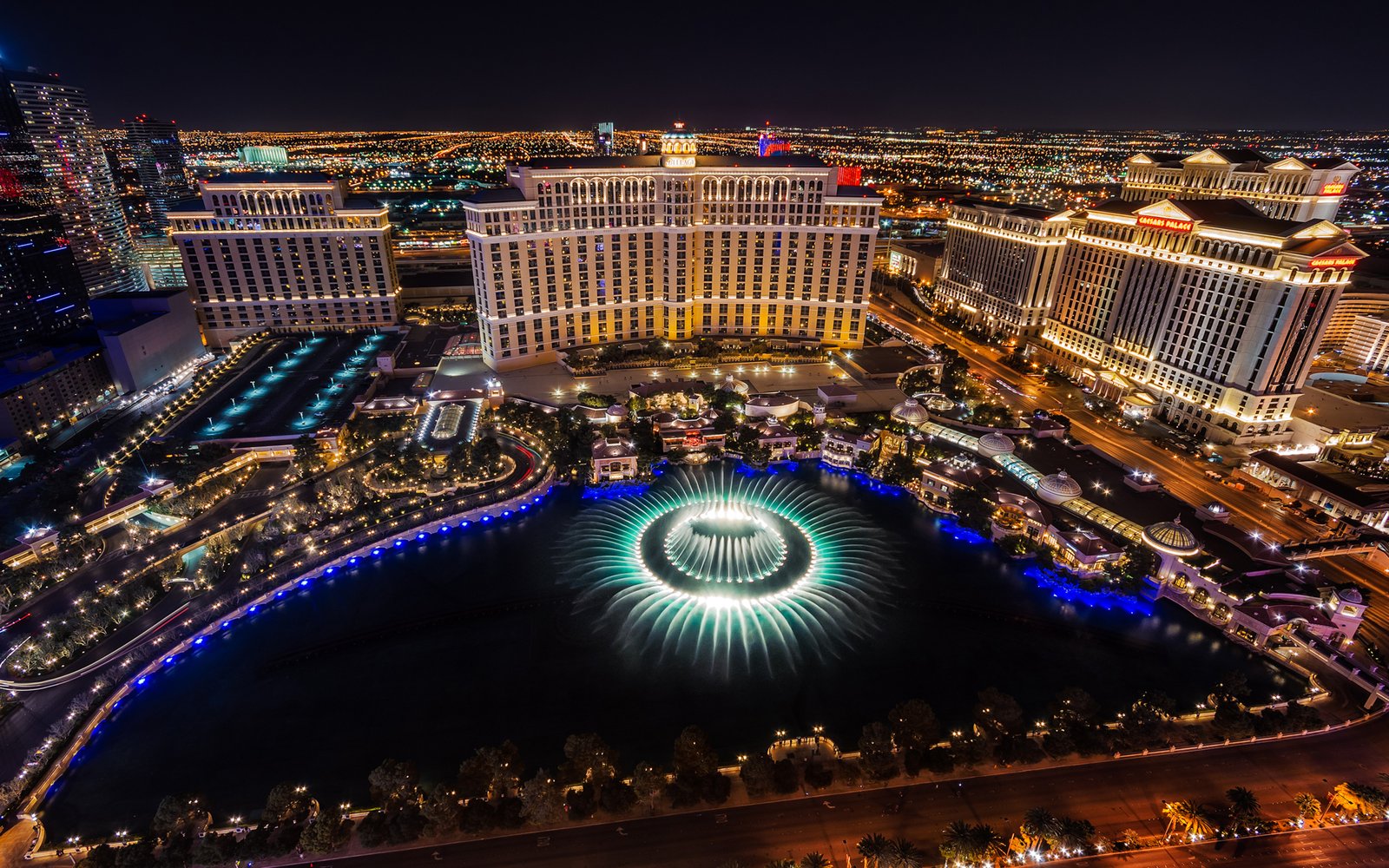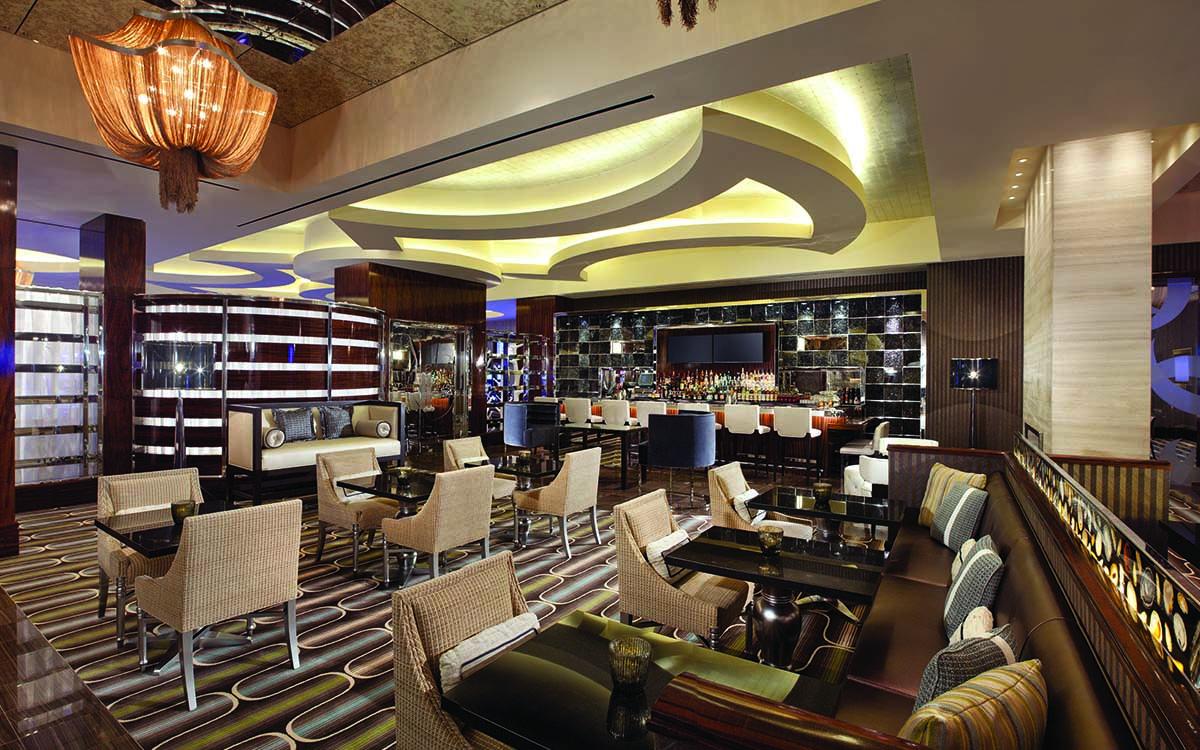- Why Casinos Are On Water
- Is Rivers Casino Built On Water
- Is Rivers Casino On Water
- Is Rivers Casino On Water
Average Rivers Casino hourly pay ranges from approximately $8.66 per hour for Bartender to $25.00 per hour for Casino Dealer. The average Rivers Casino salary ranges from approximately $27,000 per year for Cage Cashier to $107,509 per year for Slot Attendant. Salary information comes from 149 data points collected directly from employees, users. A riverboat casino is a type of casino on a riverboat found in several states in the United States with frontage on the Mississippi River and its tributaries, or along the Gulf Coast. Several states authorized this type of casino in order to enable gambling but limit the areas where casinos could be constructed; it was a type of legal fiction as the riverboats. Water Sports in Pittsburgh. Went to the casino over Valentine's Day weekend had a wonderful time got amazing food won some money love the Rivers Casino also ate at. Rivers Casino & Resort Schenectady is New York's premiere gaming destination. Slots, Table Games, Quick Bites, Live Entertainment, Dukes Chophouse & The Landing Hotel!

Why Casinos Are On Water

A riverboat casino is a type of casino on a riverboat found in several states in the United States with frontage on the Mississippi River and its tributaries, or along the Gulf Coast. Several states authorized this type of casino in order to enable gambling but limit the areas where casinos could be constructed; it was a type of legal fiction as the riverboats were seldom if ever taken away from the dock.
History[edit]
Paddlewheel riverboats had long been used on the Mississippi River and its tributaries to transport passengers and freight. After railroads largely superseded them, in the 20th century, they were more frequently used for entertainment excursions, sometimes for several hours, than for passage among riverfront towns. They were often a way for people to escape the heat of the town, as well as to enjoy live music and dancing. Gambling was also common on the riverboats, in card games and via slot machines.
When riverboat casinos were first approved in the late 20th century by the states, which generally prohibited gaming on land, these casinos were required to be located on ships that could sail away from the dock. In some areas, gambling was allowed only when the ship was sailing, as in the traditional excursions. They were approved in states with frontage along the Mississippi and its tributaries, including Illinois, Indiana, Louisiana, Mississippi and Missouri. Illinois also allowed limited riverboat casinos in the Chicago metropolitan area, which has a Mississippi River connection through the Chicago Sanitary and Ship Canal, while Northwest Indiana has three 'riverboat' casinos in harbors along Lake Michigan.
An unusual situation occurred on the Potomac River in the mid-20th century due to a quirk in the state border between Maryland and Virginia. The border is not in the middle of the river, rather it is at the low water mark on the Virginia side such that the entire river is in Maryland (except for small portions in the District of Columbia.) As a result, there were several riverboat casinos docked off of the Virginia shoreline in the 1950s, when gambling was legal in Maryland but not Virginia. As the river was in Maryland, visitors could park in Virginia, and walk across a pier, crossing the state line in the process.[1]
As an example, in 1994 Missouri voters approved amending the state constitution to allow 'games of chance' on the Mississippi and Missouri rivers. By 1998, 'according to the state Gaming Commission, just three of the 16 operations comprising Missouri's $652-million riverboat gambling industry [were] clearly on the main river channel.' The state supreme court had ruled that boats had to be 'solely over and in contact with the surface' of the rivers.[2] Several casinos had been located on riverboats located in a moat or an area with water adjacent to a navigable waterway, leading them to be referred to as 'boats in moats.'[2] The state legislatures were unwilling to give up the revenues generated by gambling. Over time, they allowed gaming casinos to be built on stilts, though with the requirement they had to be over navigable water.

Following Hurricane Katrina in 2005, which destroyed most riverboat casinos and their associated facilities of hotels, restaurants, etc., in states along the Gulf Coast, several states changed their enabling legislation or amended constitutions. They permitted such casinos to be built on land within certain geographic limits from a navigable waterway. Most of Mississippi's Gulf Coast riverboat casinos have been rebuilt on beachfronts with solid foundation systems since the hurricane.
References[edit]
- ^'Virginia-Maryland Boundary'. www.virginiaplaces.org. Retrieved 2021-01-27.
- ^ abSloca, Paul (18 January 1998). 'Missouri's 'Boats in Moats' Get That Sinking Feeling'. Associated Press. Retrieved 3 April 2015.
External links[edit]
- Partial listing of permanently moored casinos, DeJong and Lebet, Inc., Naval Architects and Marine Designers
| Rivers Casino | |
|---|---|
| Location | Des Plaines, Illinois, United States |
| Address | 3000 S River Road |
| Opening date | July 18, 2011 |
| Casino type | Land-based |
| Owner | Churchill Downs Inc. (62%) Rush Street Gaming (38%) |
| Website | riverscasino.com/desplaines |
Rivers Casino is a casino in Des Plaines, Illinois, United States, a northern suburb of Chicago. It is minutes away from O'Hare International Airport. Rivers Casino opened on July 18, 2011. It is majority-owned by Churchill Downs Inc., and managed by its minority owner, Rush Street Gaming.
The building sits above a few inches of water in a shallow pit. This was created for the casino to comply with state law, intended to legalize riverboat gambling.[1]
History[edit]
In 2008, the Illinois Gaming Board awarded the state's 10th and last casino license to Midwest Gaming and Entertainment LLC, a group led by Neil Bluhm,[1] to build a 140,000-square-foot (13,000 m2) casino on approximately 21 acres (8.5 ha) adjacent to the Tri-State Tollway at the northwest corner of Devon Avenue and Des Plaines River Road. Des Plaines was awarded the gaming license in 2008. The city approved zoning in early 2010. The casino opened in July 2011 as Rivers Casino.
In 2019, Churchill Downs Inc., which owned the nearby Arlington Park racetrack, purchased a 62 percent stake in the casino from Bluhm and his partners for $407 million.[2][3]

Is Rivers Casino Built On Water
References[edit]
- ^ abChicago Tribune: 'Des Plaines casino goes Vegas to corner upscale Chicago market' by Jennifer Delgado and Robert McCoppin July 15, 2011
- ^Form 10-K: Annual Report (Report). Churchill Downs Inc. February 27, 2019. p. 5 – via EDGAR.
- ^'Churchill Downs Incorporated completes purchase of stake in Rivers Casino Des Plaines in Illinois' (Press release). Churchill Downs Inc. March 5, 2019 – via EDGAR.